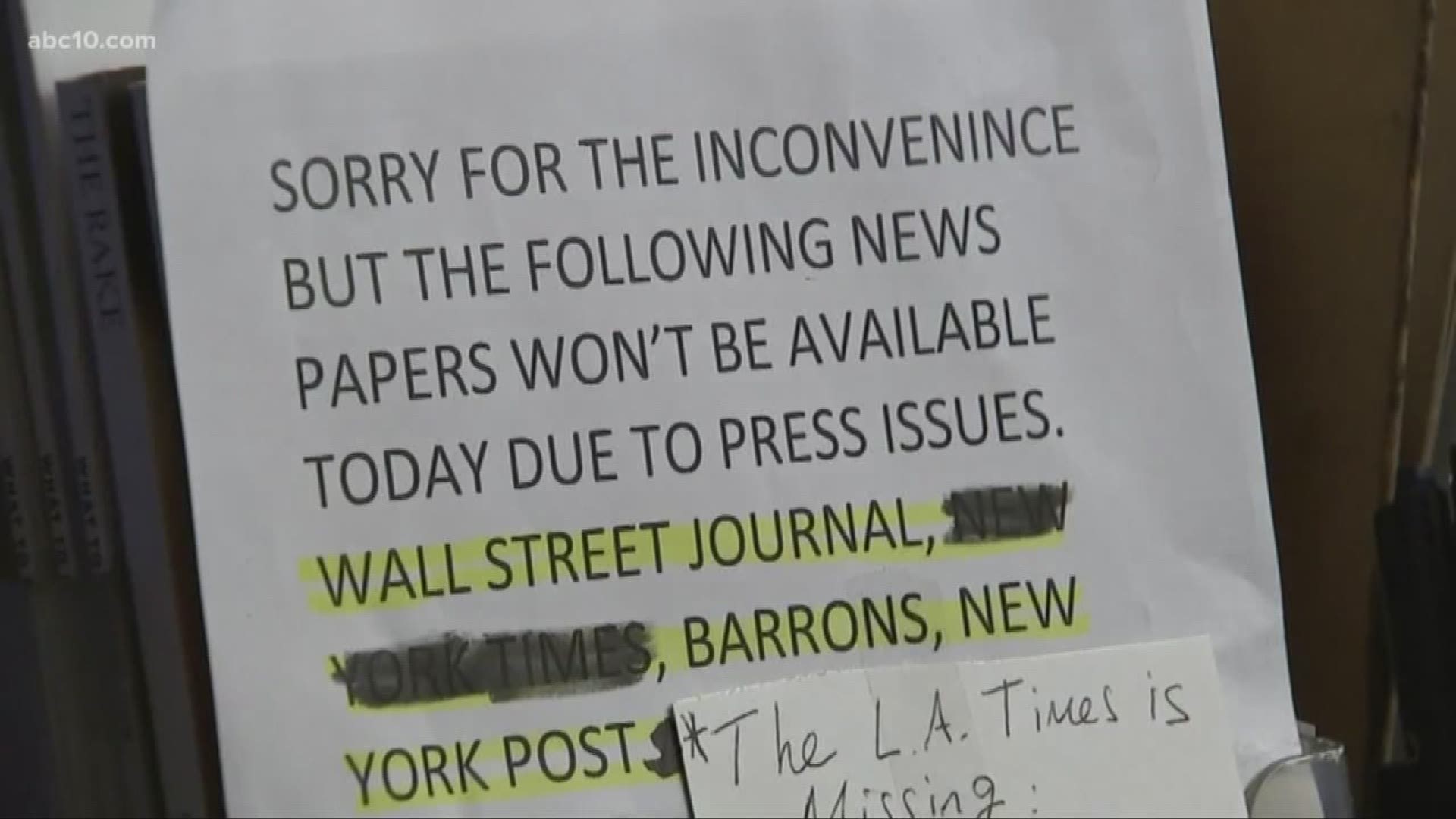USA TODAY columnist Steven Petrow offers advice about digital etiquette.
Q: We travel every summer with another family, and we mostly have a great time. Problem is, both halves of the couple are on their phones an awful lot, either taking calls or responding to texts. I know they have important jobs and need to be available when someone at the office needs them, but it's kind of tiresome to be with people who aren't really "with" you. To be fair, they never initiate these calls and texts, they just respond. But it's intrusive, and I think they should be able to turn off their jobs at least temporarily while we're on vacation. Is it fair to ask them, before we put down this year's deposit, to commit to some work-free time?
–Trying to unplug
A: Absolutely. And your timing couldn't be more perfect, since your friends might feel ambushed if you raised this – seemingly out of the blue – once you're all in VacationLand.
So, sooner rather than later, at dinner or over a glass of wine, tell your friends how much you're looking forward to your time together but then ask, nicely but directly, if they're aware of how much texting and emailing they do while on vacation. Don't be accusatory, and don't make it about you. Instead, note how disruptive it seems to them while they're trying to enjoy their time off. For instance, "Does it bother you to get so many calls and texts from the office while you're away? Perhaps you could also note what you do to reduce intrusions into your vacation – letting colleagues know in advance what hours are okay for calls or texts, turning off your phone during meals, etc.
Still, the problem may lie less with this couple's lack of work/life boundaries than with their bosses and colleagues, whose expectations are likely 24/7/365. Fortunately, more and more companies are realizing that it's important – and actually healthy – to cut the digital cord, whether it be after hours, weekends, or during an employee's vacation.
For instance at Van Meter, a Cedar Rapids, Iowa, electric parts distributor, internal emails and calls are off-limits between 5 pm and 7 am the next morning. The company's COO told the BBC, "The policy is more about respecting people's time than email itself. After all when people hear their inbox ping even in off hours, they feel obligated to check the message…." Now the company actually turns off employee email accounts when they go on vacation. Excellent news.
So, for those plagued by pings and rings during the summer holidays, take these steps:
-- Plan ahead: Do your best to get ahead on all projects and make contingency plans with co-workers to cover for you in your absence. That way, with any luck, there will be fewer colleagues needing to reach you.
-- Choose one point of contact: If you can't cut the cord entirely, make sure you're not getting emails and texts from numerous coworkers. Designate one colleague to be your contact; everyone else should route their requests through the gatekeeper, who should exercise judgment in deciding what to forward to you.
-- Turn on your out of office message on your work email account; record a similar message on your smartphone. If people don't know you're away, how can you expect any peace?
You can also check with your cell phone provider to see if they offer an auto-responder feature for text messages. A colleague who texts you a question could receive an automatic reply that says something like "I'm on the beach and out of reach – will reply later." If nothing else, it gives you and your friends the opportunity to set some agreed-upon windows of unplugged time when you can all put your phones away.
Agree or disagree with my advice? Let me know in the comments section.
Submit your question to Steven at stevenpetrow@earthlink.net. You can also follow Steven on Twitter: @StevenPetrow. Or like him on Facebook at facebook.com/stevenpetrow.


